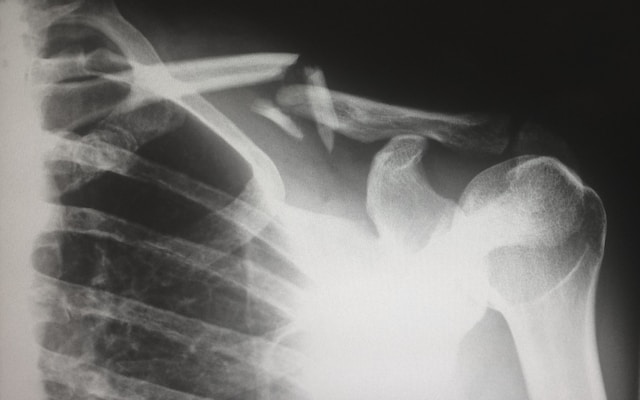

More than workers in many other industries, railroad employees often faced substantial exposure to many dangerous and carcinogenic toxins. Some of the leading toxins that railroad workers frequently encounter include asbestos, diesel exhaust, and solvents. These carcinogens can inflict severe damage at the cellular level and impact a person’s DNA, potentially resulting in malignant cancer cell development. One of the most common cancer diagnoses among railroad workers is bladder cancer. A Pennsylvania railroad bladder cancer lawyer could analyze your potential claim to determine whether you may be eligible for compensation if you or a loved one worked on the railroad and have since been diagnosed with bladder cancer. If the railroad company’s negligence resulted in you being exposed to dangerous toxins that led to your cancer diagnosis, a railroad injury attorney could help you file a lawsuit to obtain compensation.
A bladder cancer diagnosis can cause someone to suffer many substantial losses. The determining factor as to whether a railroad worker may be entitled to compensation after being diagnosed with bladder cancer rests on their ability to prove that the railroad company acted negligently – even only slightly As is the case with other employers, railroad companies have a legal obligation to provide a reasonably safe workplace and to take adequate measures to make sure that work environments are free of unreasonable dangers. If a railroad company is derelict in this legal obligation, they may be liable for damages if their negligence results in a worker being injured or receiving a diagnosis of cancer due to occupational exposure.
An experienced attorney could carefully investigate the railroad company’s actions to determine whether negligence was partially or wholly responsible for a worker’s bladder cancer diagnosis. There a number of ways in which a railroad company’s negligence could cause a worker to be unreasonably exposed to cancer-causing toxins. The implementation of poor safety protocols or lack of inspections at work locations are typical instances of negligence.
The company might be legally responsible for the worker’s damages if carelessness or recklessness on the part of the railroad company contributed to the worker’s bladder cancer. All railroad cancer claims must be filed under the Federal Employer’s Liability Act (FELA), which provides injured railroad workers an opportunity to seek legal recourse if they are injured or develop an illness as a result – even in part – of their employer’s negligence. That means that even if other factors, like cigarette smoking, may have contributed to the cancer, railroad workers diagnosed with bladder cancer may still be entitled to a variety of damages, including compensation for their pain, suffering, wage loss, and medical bills stemming from their illness.
Bladder cancer is a particularly aggressive type of cancer. Frequent exposure to solvents, such as benzene and diesel exhaust can lead to tumor cells over time. Laborers and machinists, in particular, are often at high risk of exposure to dangerous solvents. Additionally, indoor work environments where locomotives are repaired result in exposure to diesel exhaust. One very well-known carcinogen, asbestos, is also commonly behind bladder cancer diagnoses in railroad workers. Railroad employees from engineers to conductors to laborers to pipefitters may be at risk of dangerous asbestos exposure.
Older cab cars and buildings often still have old asbestos insulation. When inhaled, asbestos can remain in the body and eventually lead to malignant tumor growth. Creosote, silica, and lead are common toxins that railroad workers face, which can lead to bladder cancer in the case of prolonged exposure. If a railroad worker believes that their bladder cancer diagnosis could have been avoidable if not for undue exposure to dangers on the job, they should speak with a Pennsylvania attorney.
A Pennsylvania railroad bladder cancer lawyer could review your potential case to assess the damages you may be entitled to. It is crucial to act promptly if you believe your cancer diagnosis is linked to your employer’s negligence, to ensure you do not miss the filing window and risk losing your right to sue. Schedule a consultation today.



© 2024
Doran & Murphy, PLLC
All rights reserved | Attorney Advertising